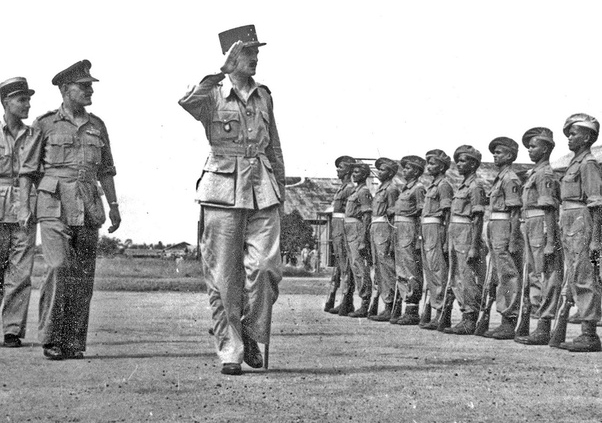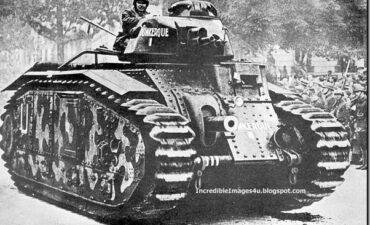How Did the UK Sit Out the Vietnam War While the US Charged In?
How Did the UK Sit Out the Vietnam War While the US Charged In? The United Kingdom’s decision to stay out of the Vietnam War while the United States engaged deeply was influenced by several factors:
Historical Context:
The UK had been gradually withdrawing from its colonial commitments after World War II. The Suez Crisis in 1956 marked a turning point, showcasing the decline of British imperial power. The Vietnam War came at a time when the UK was re-evaluating its role in global conflicts, especially those in Asia.
Strategic Interests:
The UK had different strategic priorities compared to the US. By the 1960s, Britain was more focused on Europe and its Commonwealth ties rather than getting involved in conflicts far from its borders. The British government also prioritized economic recovery and stability over military engagements.
US-British Relations:
Although the UK was a close ally of the US, there was a recognition that the Vietnam War was controversial. Many British leaders and public figures were skeptical of US policies in Vietnam, which led to a more cautious approach. The UK chose to support the US diplomatically and politically without committing troops.
Public Opinion:
There was significant anti-war sentiment in the UK, which influenced political leaders’ decisions. Public protests against the Vietnam War grew, leading to a reluctance to engage in a conflict that many saw as unwinnable and unjust.
Military Capacity:
By the 1960s, the British military was not in a position to undertake large-scale operations far from home due to budget constraints and commitments in other areas, such as the ongoing conflict in Northern Ireland.
Alternative Support:
The UK did provide some support to the US effort through intelligence sharing and logistical support, but this did not involve direct military intervention.
In summary, the UK’s decision to stay out of the Vietnam War was a complex interplay of historical context, strategic interests, public opinion, and military capacity, reflecting a significant shift in British foreign policy after World War II.








